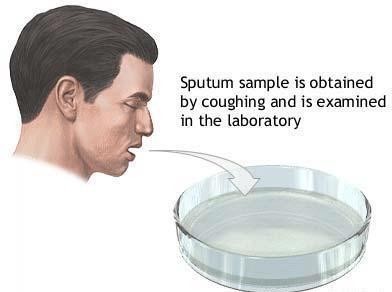A newly hired unlicensed assistive personnel (UAP) expresses fear to the charge nurse about collecting a sputum specimen from a client who is HIV positive. Which action should the charge nurse take first?
Demonstrate the proper use of personal protective equipment.
Offer to assist the UAP with the collection of the specimen.
Provide the UAP with the infection control policy.
Determine the UAP's knowledge about HIV transmission.
The Correct Answer is D
Choice A reason: Demonstrating the proper use of personal protective equipment is important, but not the first action. The charge nurse should first assess the UAP's level of understanding and address any misconceptions or fears about HIV transmission.
Choice B reason: Offering to assist the UAP with the collection of the specimen may be helpful, but not the first action. The charge nurse should first educate the UAP about HIV transmission and infection control measures, and then evaluate the UAP's competence and confidence in performing the task.
Choice C reason: Providing the UAP with the infection control policy is relevant, but not the first action. The charge nurse should first explain the rationale and principles of infection control to the UAP, and then refer to the policy as a guideline and resource.
Choice D reason: Determining the UAP's knowledge about HIV transmission is the first and most appropriate action for the charge nurse to take, as it will help identify any gaps or misinformation that may cause fear or anxiety in the UAP. The charge nurse should then provide accurate and evidence-based information about HIV transmission, prevention, and treatment, and answer any questions or concerns that the UAP may have.

Nursing Test Bank
Naxlex Comprehensive Predictor Exams
Related Questions
Correct Answer is B
Explanation
A) This action is not the best because it does not directly evaluate the PN's wound care skills in practice. A skill checklist may not reflect the current or actual abilities of the PN, especially if it is outdated or based on self-
reporting. The charge nurse should observe the PN's performance in person to ensure that she follows the proper procedures and protocols for sterile wound care.
B) This action is the best because it allows the charge nurse to verify the PN's wound care skills and provide feedback or guidance if needed. The charge nurse has a responsibility to ensure that the PN delivers safe and effective care to the clients on the unit. By watching the PN perform sterile wound care, the charge nurse can assess her competence, confidence, and compliance with standards of practice.
C) This action is not the best because it is disrespectful and discouraging to the PN. The charge nurse should not dismiss or undermine the PN's past experience, which may have contributed to her wound care skills. The charge nurse should acknowledge and appreciate the PN's expertise, but also verify her skill level through direct
observation.
D) This action is not the best because it exposes the client to potential harm and liability. The charge nurse should not delegate a task that requires assessment and evaluation to a PN without first confirming her skill level and competency. The charge nurse should also not ask the PN to perform a task while she is busy with other duties, as this may compromise the quality and safety of care.

Correct Answer is D
Explanation
Choice A Reason: This is not the best action because it does not address the conflict between the client and the healthcare provider. The nurse should advocate for the client's wishes and seek a resolution that respects them.
Choice B Reason: This is not an appropriate action because it disregards the client's request and may give false hope. The nurse should respect the client's autonomy and dignity.
Choice C Reason: This is not a sufficient action because it does not ensure that the healthcare provider will comply with the client's request. The nurse should also involve other resources to help resolve the ethical dilemma.
Choice D Reason: This is the best action because it involves an impartial group of experts who can help mediate the situation and protect the client's rights. The nurse should seek ethical consultation when there is a disagreement about end-of-life decisions.
Whether you are a student looking to ace your exams or a practicing nurse seeking to enhance your expertise , our nursing education contents will empower you with the confidence and competence to make a difference in the lives of patients and become a respected leader in the healthcare field.
Visit Naxlex, invest in your future and unlock endless possibilities with our unparalleled nursing education contents today
Report Wrong Answer on the Current Question
Do you disagree with the answer? If yes, what is your expected answer? Explain.
Kindly be descriptive with the issue you are facing.
